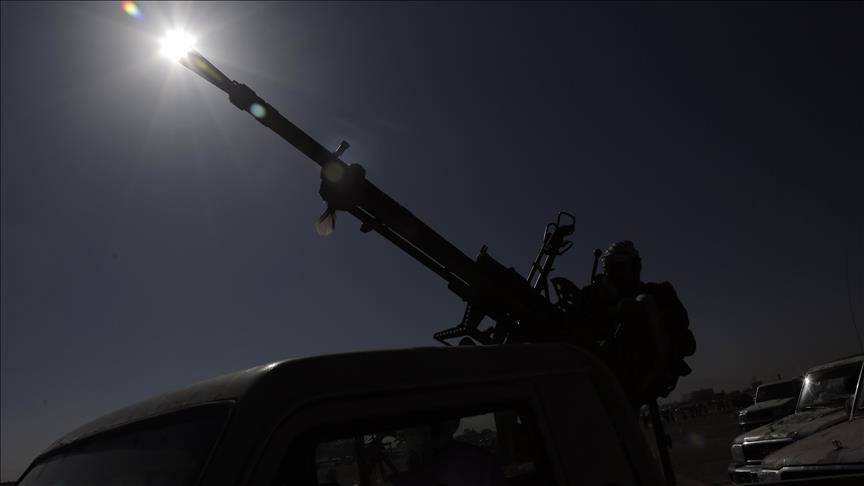EU to propose easing exports from KKTC
"We have reason to be more optimistic in the island. The EU has to lift the embargo on the Turkish section and we have to lift the embargo on the Greek Cyprus," Gul told reporters after a meeting with EU foreign ministers and Guenter Verheugen, the EU commissioner responsible for enlargement.
Filori declined to use the word "embargo" and said the problem was about a refusal of the International Court of Justice to issue "certificates of origin" to goods exported from the Turkish Republic of Northern Cyprus (KKTC).
Turkish and Greek Cypriots have been freely traveling between the two sides of the island since the Turkish Republic of the Northern Cyprus (KKTC) eased restrictions on trans-border crossings, bringing an unprecedented atmosphere of optimism in the island for solution.
"Turkish and Greek Cypriots do not only cross the border; they can also stay. We have reason to be more optimistic," Gul said.
Gul, meeting foreign ministers of member and candidate countries and EU officials in Brussels, indicated on Thursday that he was optimistic about lifting of the international embargo on the KKTC, saying he was "expecting important developments on Cyprus in the coming days."
Turkish news reports said Gul discussed reciprocal lifting of the embargo in Cyprus by Turkey and Greece in his meeting with Greek Foreign Minister George Papandreou and sought formulas to that effect.
However, a statement from the Greek Foreign Ministry denied the Turkish reports, urging Turkey to contribute to efforts for solution of the Cyprus issue within the scope of the Annan plan and United Nations efforts.
Ministry Spokesman Panos Beglitis said the reports were nothing but distortion of the facts at the hands of the Turkish media.
Gul upbeat on EU bid
Gul also promised more political reforms and declared Friday that relations with the European Union have never been better.
Ending two days of talks, Gul said EU-Turkish relations were "at a turning point" as Ankara steps up efforts to complete economic and political reforms so it can open EU membership talks in 2005.
He said there was a broad consensus in Turkey on EU membership and that the government and the opposition party in Parliament were acting in consensus on the issue.
The government is preparing a reform package including measures to extend freedom to use of Kurdish in broadcasting and political party propaganda in elections, further easing restrictions on the ownership rights of minority foundations and lifting the much-debated Article 8 of the Anti-Terror Law.
Gul said he was hopeful that the opposition Republican People’s Party (CHP) would support the package when it is presented to Parliament for voting.
He also downplayed possible resistance against EU reforms, most importantly from the powerful military, and said such resistances were possible but it was the government that would make the final decision.
Gul’s upbeat assessment of relations with the EU contrasted sharply with a warning this week that the EU will not open membership talks in 2005 unless Turkey makes good on pledges of political reform.
Of particular concern was a recent raid on the offices of an EU-funded human rights group, the Human Rights Association (IHD) in Ankara.
Also, Greek Foreign Minister George Papandreou warned Gul this week that the influence of the Turkish military — still seen as a power behind the throne in Ankara — could hurt its chances of joining the EU.
Gul reiterated Friday that Turkey would take steps in the next two to three months toward reforms, including constitutional amendments. He said his meetings with EU officials "demonstrated that the EU and Turkey are at a good period, not seen in 40 years. This is a critical period from now on."
Responding to a question on Greek complaints about air space violations by Turkish warplanes, Gul said: "From time to time, we have that kind of incident," adding overall Greek-Turkish relations were good and that talks to end such disagreements were progressing well.
"By 2004, the Aegean question should be solved. There is serious work between Turkey and Greece on these matters," he said.
He said the two neighbors were also increasing economic cooperation, especially in tourism and construction, adding Turkey would participate in building sports and other facilities related to the 2004 summer Olympics in Athens.


